Actors Join Writers' Strike: Hollywood Faces Unprecedented Shutdown
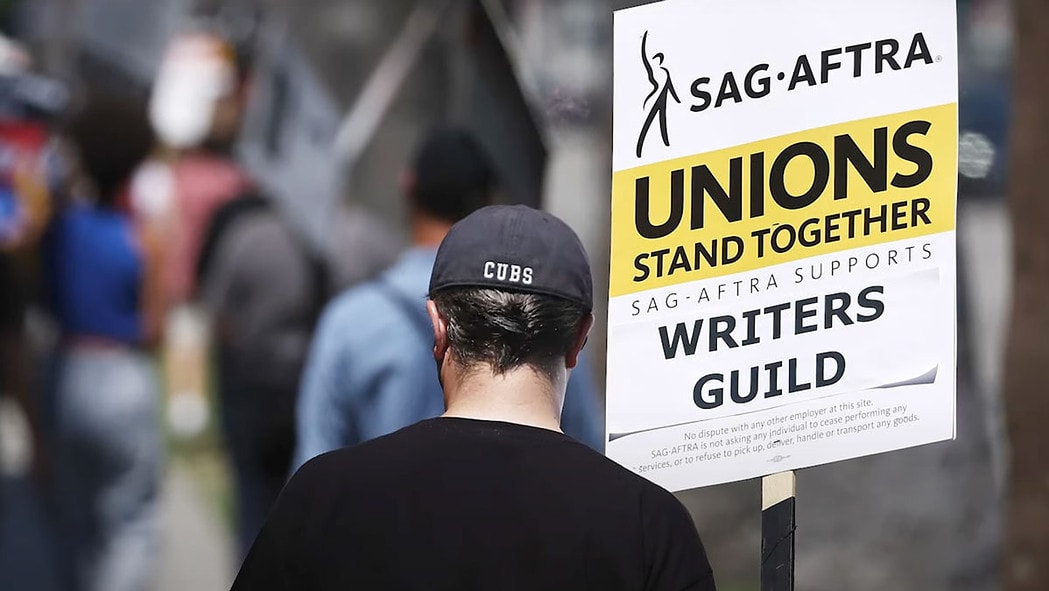
Table of Contents
Reasons Behind the SAG-AFTRA Strike
The SAG-AFTRA strike isn't just about pay; it's about the fundamental shift in the entertainment landscape and the need for fair compensation and working conditions in the age of streaming.
Fair Wages and Residuals in the Streaming Era
The rise of streaming platforms has dramatically altered how television and film are consumed and compensated. Traditional broadcast television provided actors with substantial residuals based on reruns and syndication. Streaming, however, offers significantly less in the way of residuals, creating a major disparity between actors' compensation and the immense profits generated by streaming services.
- Shrinking Residuals: Actors receive a fraction of the residuals they once earned from traditional broadcast television. This is especially true for background actors and those in smaller roles.
- Lack of Transparency: Streaming services often lack transparency in revealing their revenue streams, making it difficult for actors to negotiate fair compensation based on the actual value of their work.
- Disparity Between Stars and Background Actors: The income gap between A-list celebrities and background actors has widened dramatically in the streaming era, highlighting the need for fairer distribution of revenue.
Concerns Regarding AI and its Impact on Actors' Work
The increasing use of artificial intelligence (AI) in film and television production presents a significant threat to actors' livelihoods and creative control. The potential for AI to replace human actors is a major concern driving the strike.
- Deepfakes and Digital Representations: AI is increasingly used to create deepfakes and other digital representations of actors, raising concerns about exploitation and the potential for unauthorized use of their likenesses.
- Lack of Consent and Compensation: Actors fear their likenesses could be used without their consent or compensation through AI technology.
- Reduced Demand for Actors: The widespread adoption of AI could significantly reduce the demand for human actors, leading to job losses and insecurity within the industry.
Safe Working Conditions and Harassment Prevention
The strike also addresses the critical need for improved safety standards and stronger protections against harassment and discrimination on film sets.
- Unsafe Working Conditions: Reports of unsafe working conditions, long hours, and inadequate safety measures on film sets have been widely documented.
- Harassment and Discrimination: The industry needs stronger protocols for reporting and addressing harassment and discrimination, ensuring accountability and creating a safer environment for all.
- Improved Health and Safety Regulations: Clearer and more robust health and safety regulations are essential to ensure actors' well-being on set.
The Impact of the Double Strike on Hollywood Productions
The simultaneous WGA and SAG-AFTRA strikes have brought Hollywood production to a near-complete standstill, impacting the entire industry and its workers.
Complete Halt to Major Productions
The strike has resulted in the immediate shutdown of numerous major film and television productions across studios and networks.
- High-Profile Projects Halted: Numerous high-profile movies and television series have been indefinitely suspended, creating a significant backlog of unreleased content.
- Financial Implications: The strike is costing studios and production companies billions of dollars, leading to significant financial repercussions.
- Ripple Effect on Related Industries: The halt in production has a cascading effect on numerous related industries, including catering, transportation, and location services, leading to widespread job losses beyond actors and writers.
Delay of Upcoming Releases
The strike is causing significant delays in the release of films and television shows, impacting schedules and potentially affecting box office revenue and viewership.
- Delayed Releases: Many anticipated films and television series are experiencing delays in their release dates, pushing back premiere dates and release schedules.
- Impact on Film Festivals and Award Ceremonies: The strike is likely to significantly impact film festivals and award ceremonies, with potential changes to lineups and postponement of events.
- Shift in Release Schedules: Studios are likely to scramble to readjust their release schedules, potentially leading to a crowded release calendar in the future.
Economic Fallout for Hollywood Workers Beyond Actors and Writers
The strike's effects extend far beyond actors and writers, impacting numerous support staff crucial to film and television production.
- Crew Members and Technicians: Crew members, technicians, and other support staff are facing unemployment and financial hardship.
- Financial Hardship: Many workers in the entertainment industry rely on a steady flow of work, and the strike is causing significant financial instability.
- Industry-Wide Support Needed: Addressing the economic consequences requires industry-wide support and potential government intervention to mitigate the impact on affected workers.
Potential Outcomes and Negotiations
Resolving the strike requires a collaborative effort between SAG-AFTRA, the WGA, and the Alliance of Motion Picture and Television Producers (AMPTP). Negotiations are ongoing, and the outcome remains uncertain.
- Negotiation Strategies: Both sides will need to find common ground on issues such as fair wages, residuals, AI usage, and working conditions.
- Finding a Fair and Sustainable Solution: A fair and sustainable solution is crucial to ensuring the long-term health of the entertainment industry and the livelihoods of its workers.
- Long-Term Consequences: A prolonged strike could lead to lasting changes in the industry, with potential implications for production practices, employment structures, and the creative process.
Conclusion
The simultaneous strikes by actors and writers represent an unprecedented challenge to the Hollywood system. The issues at stake—fair compensation in the streaming era, the impact of AI, and improved working conditions—are crucial for the future of the entertainment industry and the livelihoods of those who work in it. The length and outcome of this actors' strike and the combined Hollywood strike remain uncertain, but the consequences are already being felt widely. Understanding the underlying causes and potential resolutions is vital. Staying informed about the ongoing writers' strike and SAG-AFTRA strike developments is crucial for anyone interested in the future of entertainment. Keep checking back for updates on this crucial moment for the entertainment industry and the ongoing Hollywood strike.

Featured Posts
-
 Lee Anderson Welcomes Councillors Switch To Reform Party
May 03, 2025
Lee Anderson Welcomes Councillors Switch To Reform Party
May 03, 2025 -
 Complete List Of Fortnite Tmnt Skins And How To Obtain Them
May 03, 2025
Complete List Of Fortnite Tmnt Skins And How To Obtain Them
May 03, 2025 -
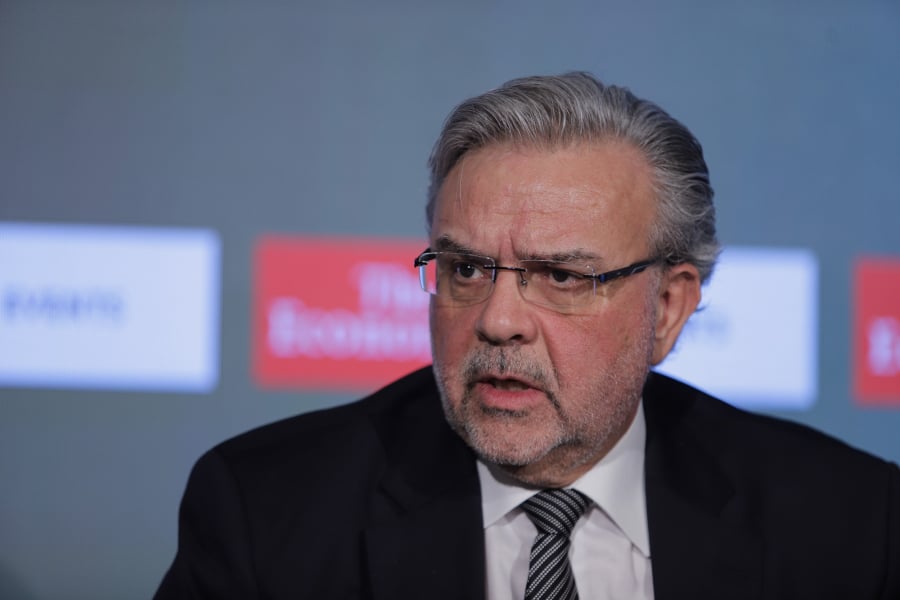 I Ethniki Stratigiki P Syxikis Ygeias 2025 2028 Pliris Analysi
May 03, 2025
I Ethniki Stratigiki P Syxikis Ygeias 2025 2028 Pliris Analysi
May 03, 2025 -
 Sony Play Station Beta Program What We Know So Far
May 03, 2025
Sony Play Station Beta Program What We Know So Far
May 03, 2025 -
 Freedom Flotilla Coalition Alleges Drone Attack Near Maltese Territorial Waters
May 03, 2025
Freedom Flotilla Coalition Alleges Drone Attack Near Maltese Territorial Waters
May 03, 2025
Latest Posts
-
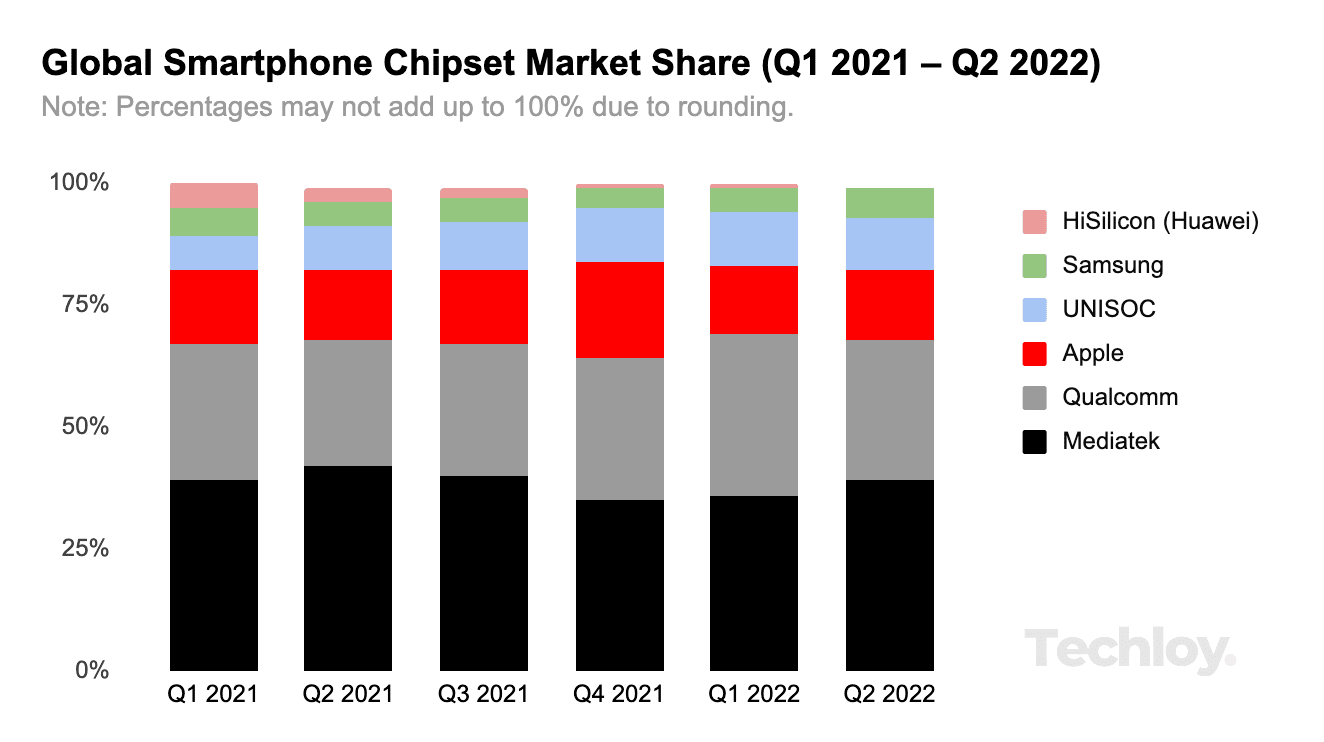 Beyond Bmw And Porsche The Broader Implications Of Chinas Automotive Market
May 04, 2025
Beyond Bmw And Porsche The Broader Implications Of Chinas Automotive Market
May 04, 2025 -
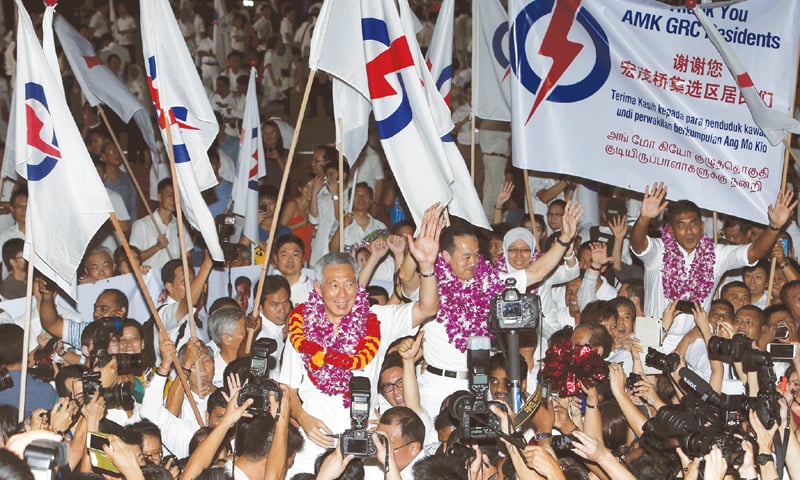 Singapores Ruling Party Faces Biggest Electoral Challenge Yet
May 04, 2025
Singapores Ruling Party Faces Biggest Electoral Challenge Yet
May 04, 2025 -
 Singapore Elections 2024 A Crucial Test For The Pap
May 04, 2025
Singapore Elections 2024 A Crucial Test For The Pap
May 04, 2025 -
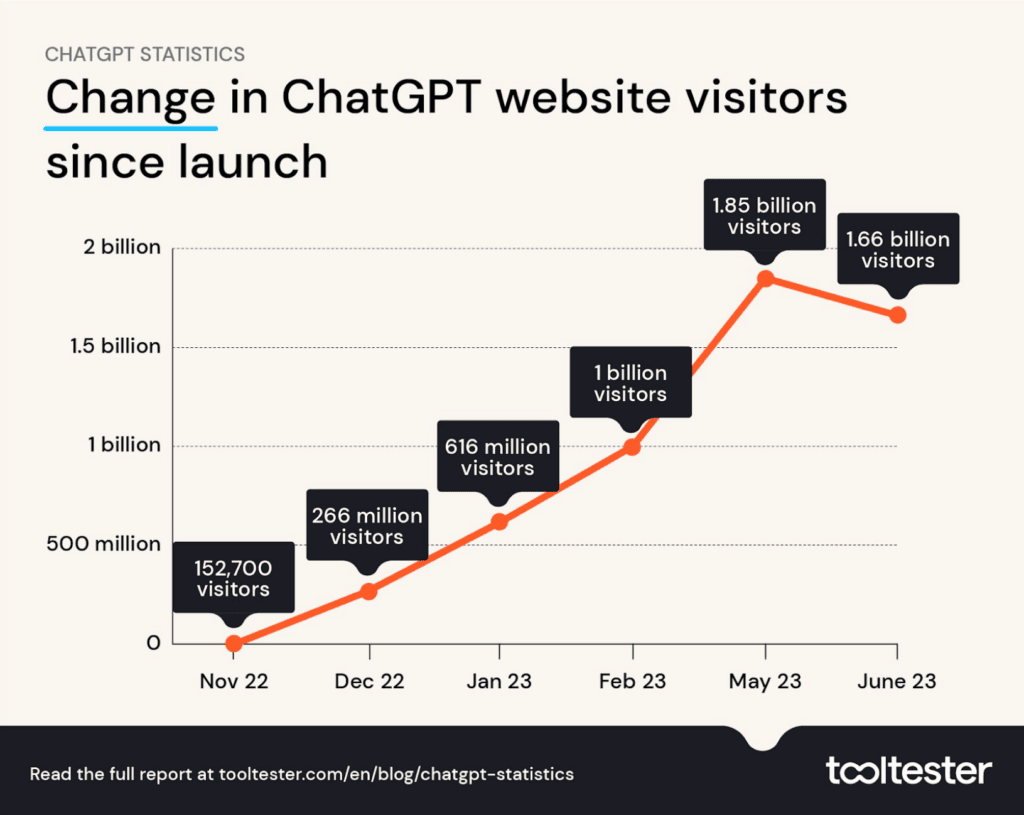 Google Search Ai Data Usage And The Effectiveness Of Opt Outs
May 04, 2025
Google Search Ai Data Usage And The Effectiveness Of Opt Outs
May 04, 2025 -
 La Rental Market Exploited After Fires Price Gouging Claims Rise
May 04, 2025
La Rental Market Exploited After Fires Price Gouging Claims Rise
May 04, 2025
